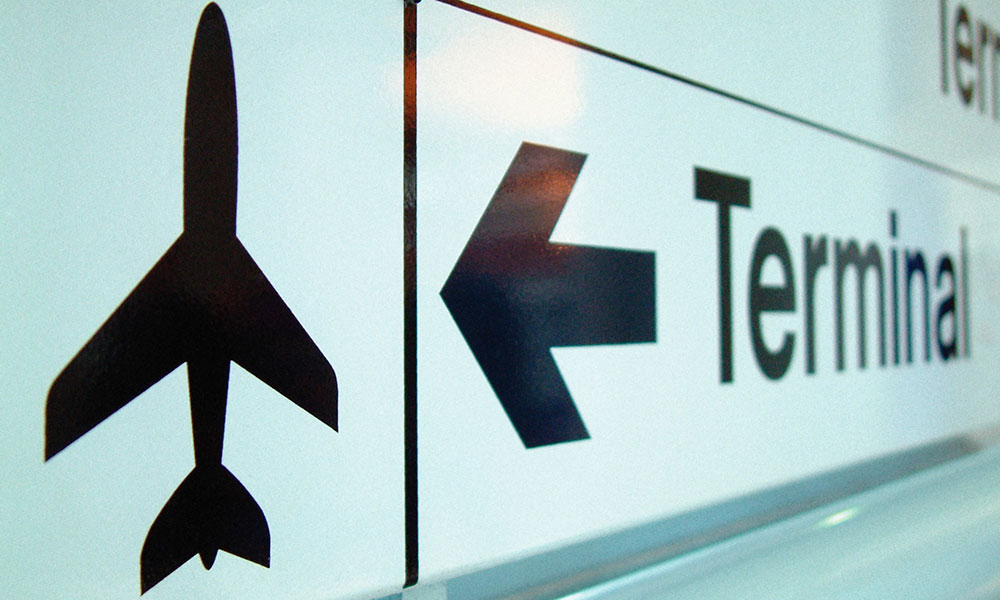
New IRS Rule Change Could Hurt Loyalty Programs, Travel Groups Say
A proposed IRS rule change could threaten the popularity of frequent flyer and similar loyalty programs by changing when they're taxed. The result, trade groups say? Those points may not go nearly as far.
Those frequent flyer miles, rental car miles, and hotel rewards points might lose a little luster if the Internal Revenue Service has its way.
The agency is reportedly considering a rule change that would make such rewards taxable to the company earlier—a shift that would significantly limit the value of the benefits, according to a number of trade groups. More details:
There is no question that diluting the value of loyalty programs will negatively affect travel.
Industry groups raise concerns: In a letter to Treasury Secretary Jack Lew acquired by The Points Guy, several groups with interests in the hospitality and travel spaces—the U.S. Travel Association, the American Hotel and Lodging Association, the American Resort Development Association, and Airlines for America—said the proposed rule could threaten a decades-long practice that has generated billions in revenue. “As you may know, travel companies, including hotels, airlines, and many others, have complied with settled law in the area of loyalty program accounting for decades,” the letter stated. “These same companies, and those they serve, are now under the threat of wholesale changes to the longstanding tax treatment of their loyalty programs.”
Taxes come earlier: The IRS is considering changes to the tax code in the department’s 2014-2015 business plan, to take effect July 1. (The agency listed the move, along with a similar clarification on gift cards, as a priority [PDF] last year.) In a nutshell, the new rules would tax corporations for loyalty programs whenever a consumer accrues the benefits, rather than when he or she actually uses them or the points expire. While this is technically not a new tax, the groups say the move would wipe out a big chunk of the value for consumers. “All of a sudden, those 1,000 points are effectively worth about 650,” AHLA President and CEO Katherine Lugar told the The Washington Post. “There is no question that diluting the value of loyalty programs will negatively affect travel.”
What does it mean for travelers? For heavy users of loyalty programs, The Points Guy blogger Brian Kelly writes that the whiff of such a proposal should push users to spend their points as soon as they can. “This proposed tax rule change is just one more great reason to use your points and miles now, rather than sitting on them,” he writes. “Devaluations will continue to plague us, whether they’re initiated by the travel industry or imposed due to external cost considerations like new taxes. Earn and burn those points and miles while you can.”
(Image Source/Thinkstock)






Comments